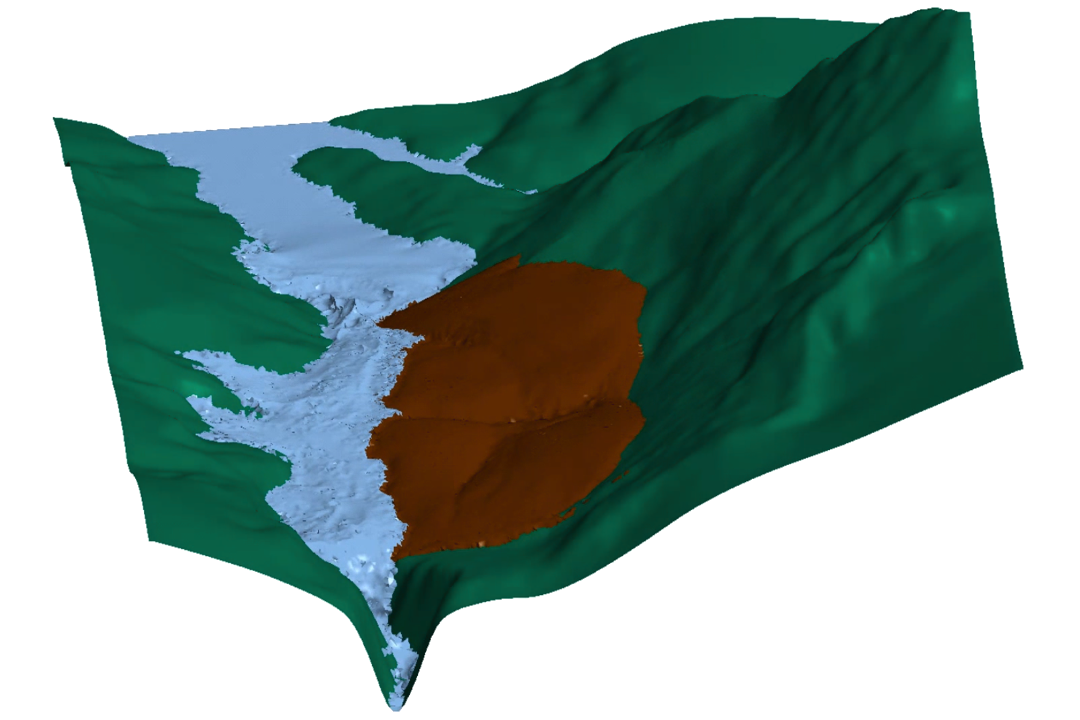Computational models and methods
Research contributes to the Department key area “materials and mechanics of materials”, i.e., “Theoretical, applied and computational mechanics of materials and structures”. The group has developed and continuously develops new models and methods for the modelling and simulation of nonlinear and multi-physics problems in solid, structural mechanics and fluid–structure interaction.
- Stochastic mechanics and dynamics. implementation and validation of constitutive models for nonlinear behavior of materials: elasto-plasticity and damage, quasi-brittle fracture, ductile fracture, delamination.
- Formulation and implementation of finite elements for continuous materials, membranes and shells in finite kinematics, and interface finite elements for delamination and fracture.
- Analysis, development and implementation of alternative methods of discretization: boundary elements, particle methods, mesh free methods, NURBS, multigrid finite element.
- Methods for reducing the computing time: domain decomposition, model order reduction.
- Development of advanced experimental equipment and computer codes for Digital lmage Correlation to process two- and three-dimensional (from X-ray microCT) digital images, oriented to diagnostics and monitoring of materials and structures at different scales, to be combined with mechanical models and parameter identification techniques.
The group works in close collaboration with other Departments of Politecnico di Milano (in particular with the groups MOX and GEO–MOX of the Department of Mathematics), important companies and it can count on numerous national and international contacts.

